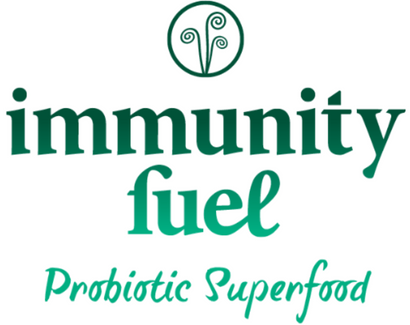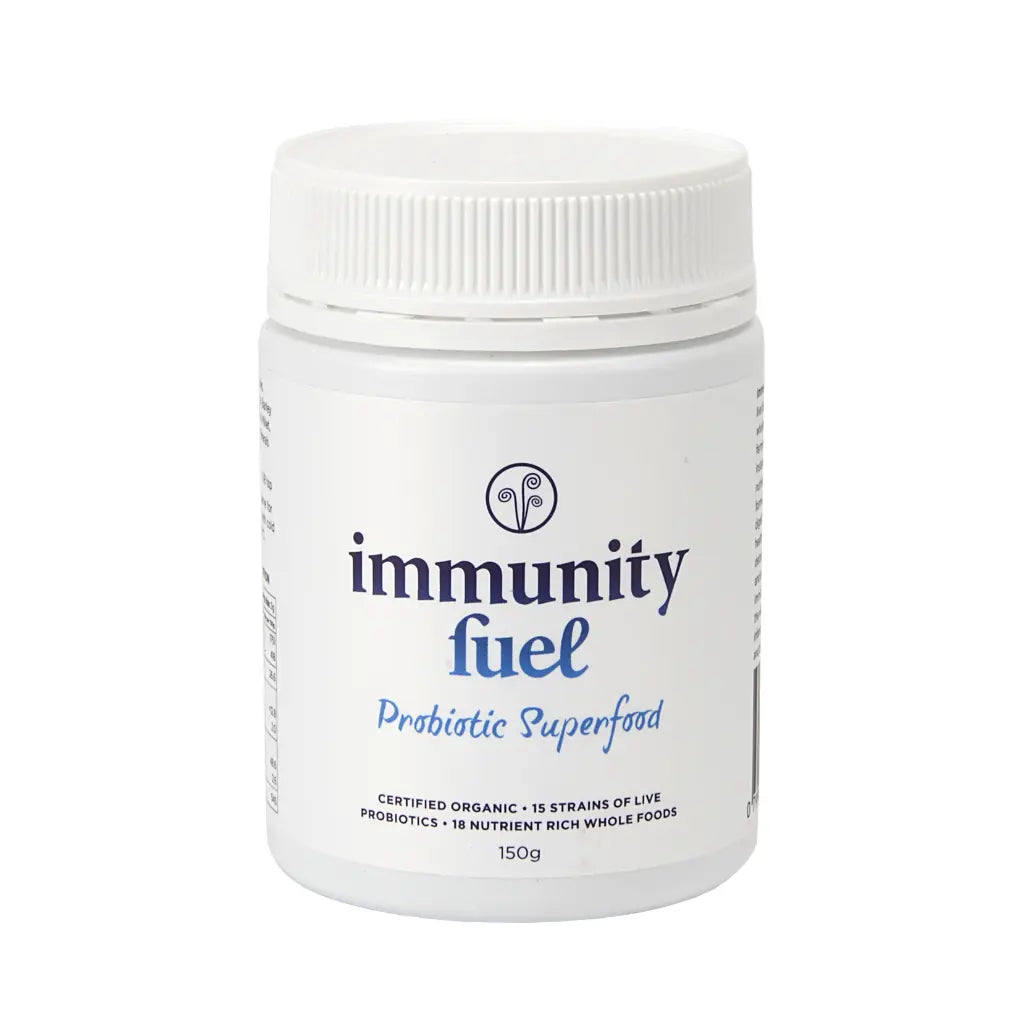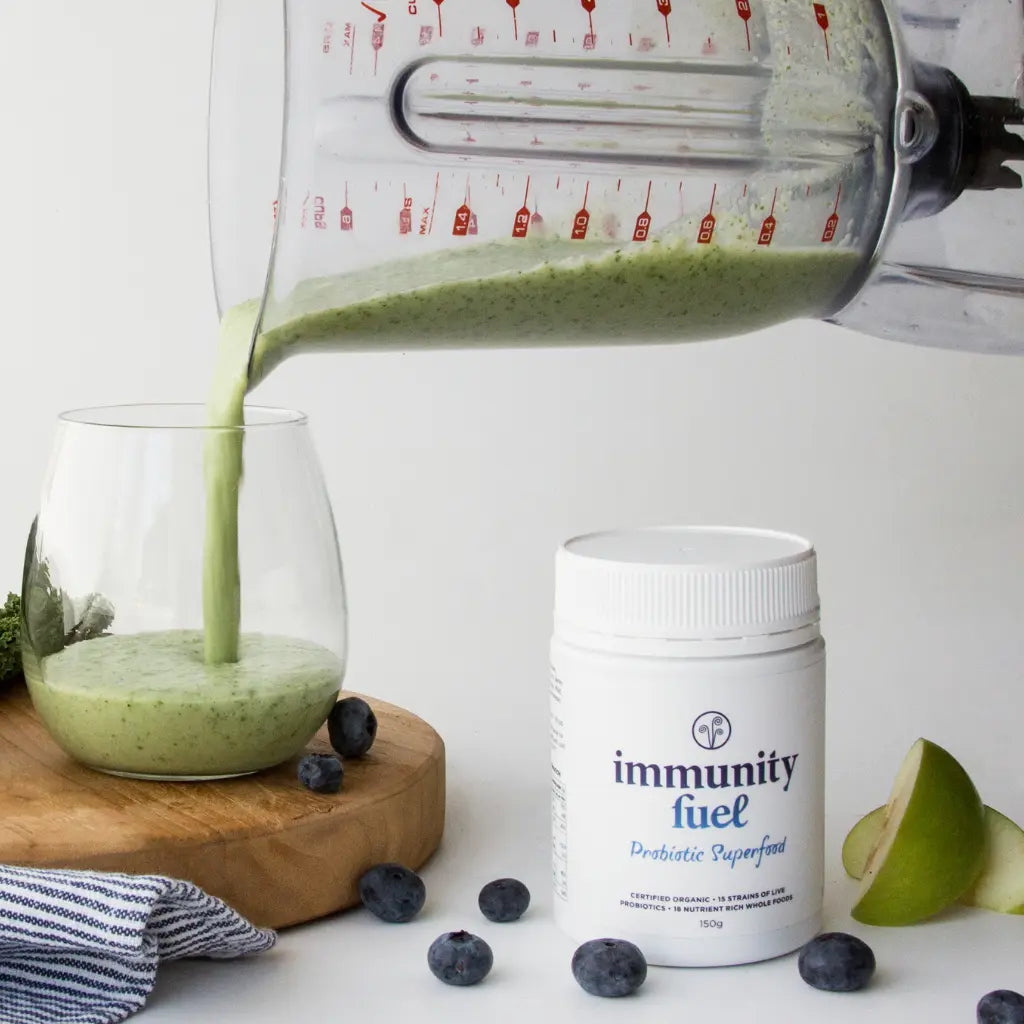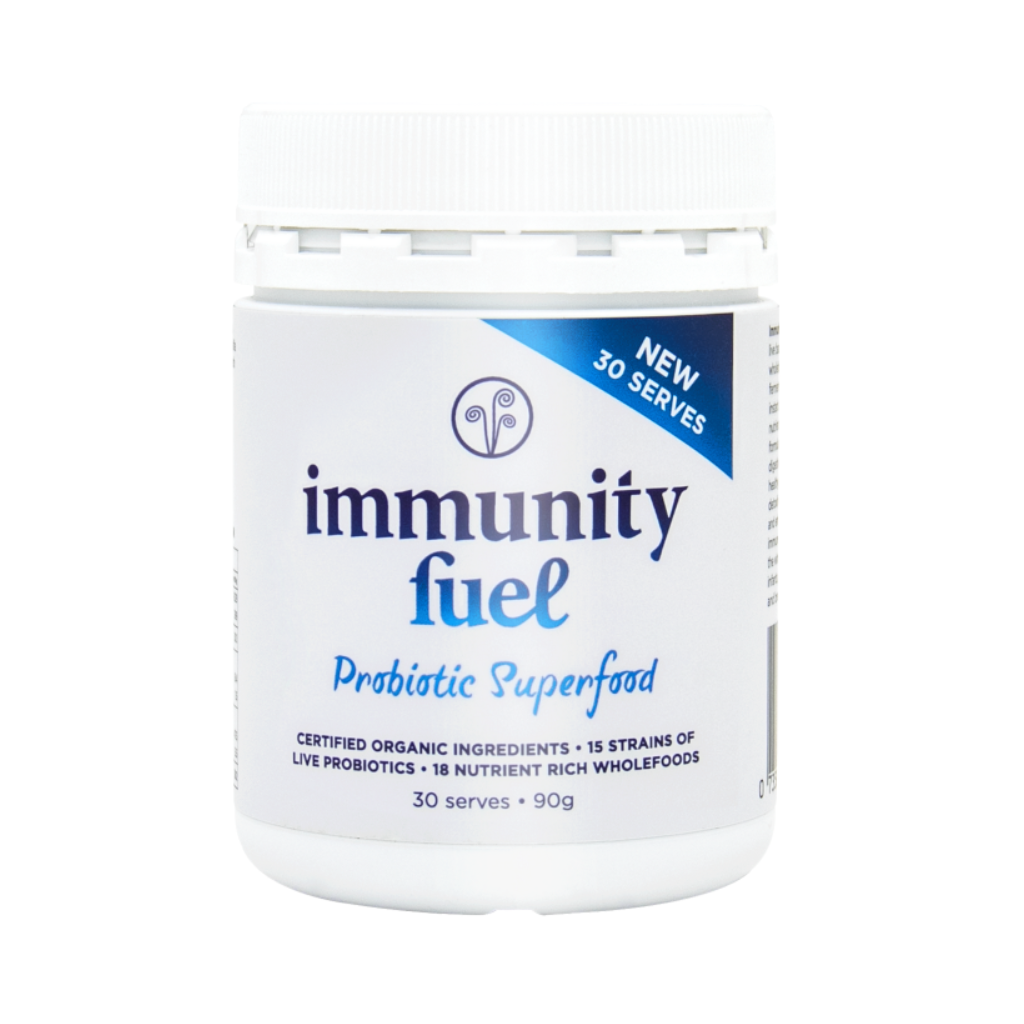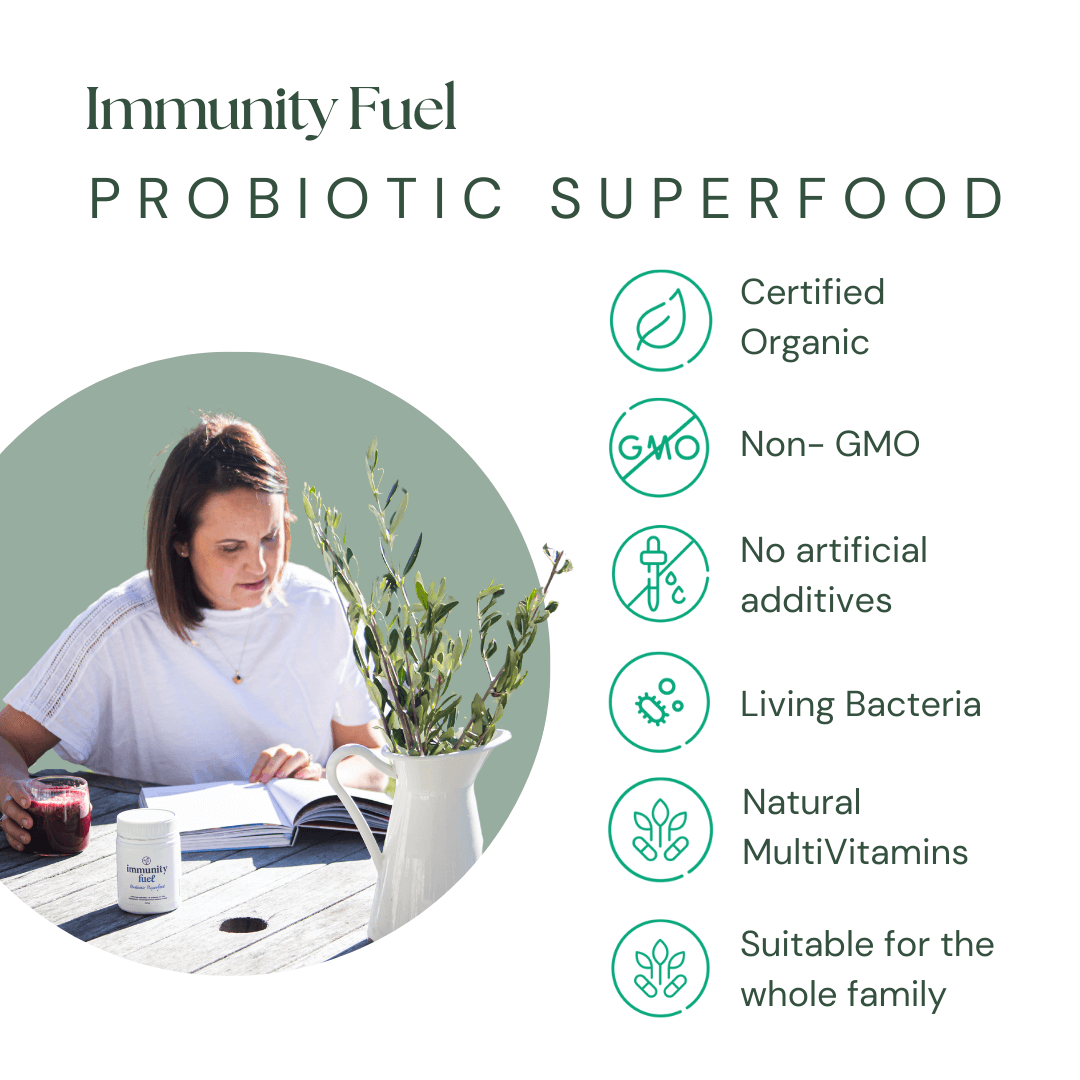Since starting to take these, I have noticed that my mood and sleep has improved and its starting to look that i am becoming more insulin sensitive as my gut microbiohm improves
This stuff is magic. Can’t do without it. My gut health has improved markedly.. highly recommend it.
I have diverticulitis so these tablets have helped me cope with this immensely. Keep everything regular! Will definitely continue using.
High quality probiotic, thankfully this company is Concerned about good health and making high quality goos!
Excellent products. I stopped taking it for a while and kept getting sick and picking up every bug. Haven't been sick since taking it again. Love it and have recommended it to my friend.
I feel probiotc superfood is a great product. Certainly helpful with my IBS
This is by far the best Probiotic supplement I have ever taken. It deals with bloating, flatulance, metabolism, skin & hair issues. Everytime I stop or pause taking it, I notice the difference and re-order again. Thank you for such a great product.
Easy to take tablets, the subscription is great to not have the have it added to the 'mental load' with the tablets being delivered to you regularly to ensure our gut health is taken care of. 10/10 would recommend.
I've been taking Immunity Fuel for a few weeks now and while it took me a week to adjust to it I've found it to be the best probiotic that I've tried, and I've tried quite a lot. I love the taste and eat it straight off the spoon, to me it is so delicious. I have a 99% raw very healthy diet of fruit, veg, seeds and nuts but my whole system required some help as I get older and Immunity Fuel is the help I needed. Love it!
